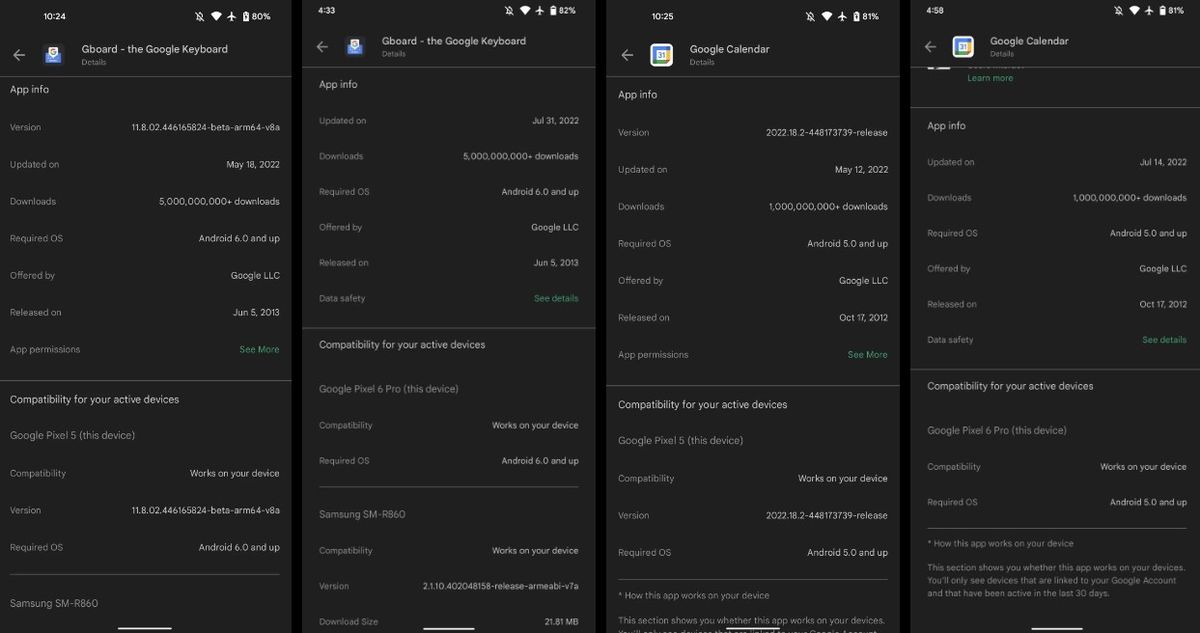LocalXpose, a reverse proxy that allows you to expose your localhost services to the Internet

When talking about a proxy, it refers to a device or server that is located between two elements to carry out its function.
In other words, a proxy is a piece of hardware or software placed between the client and the server to manage the requests that are generated.
In the case of reverse proxythis refers to a element that is placed in front of the web server. From this position the reverse proxy forwards client requests to the web server.
Subsequently, the requested resources are sent back to the client, making it appear as if they originated from the proxy server itself.
Normally, the reverse proxy is used by the web server to favor aspects of it such as performance, security and reliability.
In that sense, there is a tool named LocalXpose, which is designed in such a way that it can act as a reverse proxy for help you present your localhost services on the internet.
Features of LocalXpose
Among the features that make LocalXpose possible are:
Elegant CLI & GUI
In LocalXpose you will have the opportunity to use both the command line and the graphical user interface.
Multi Protocols and Regions
Through LocalXpose you will be able to start a tunnel in HTTP, TCP, TLS or UDP protocolwhether in the United States, Europe or the Asia Pacific region.
Custom domains and endpoints
This tool has a function that will allow you to create your own domain (example.com) or subdomain (dev.loclx.io), as well as choose an endpoint on a specific port (us.loclx.io:8080)
Custom wildcard domains
LocalXpose has a feature that will allow you to choose your own custom wildcard domain.
secure tunnels
In addition to being able to use default HTTP tunnels, with LocalXpose you will have the opportunity to protect the tunnel using basic or key authentication. Also, you can use your own certificate to start the end2end tunnel.
Built-in Let’s Encrypt
A notable aspect of LocalXpose is the fact that incorporate by default Let’s Encrypt with which you will have the opportunity to issue and renew this certificate for your custom domain on the go.
Built-in file server
With LocalXpose you will not need to create a separate server to serve any directory that is hosted on the local system.
Edit request and response headers
LocalXpose has a function that will allow you to adapt your environment adding or removing any headers from your HTTP tunnel.
Speed limiter
You can make use of the functions that LocalXpose offers you to restrict the maximum number of HTTP requests generated per second.
IP whitelist
Through this list created with LocalXpose you will have the opportunity to allow the access to a certain group of IP addresses.
Multi platform
LocalXpose can be downloaded on computers running Linux, Windows or Mac as the operating system.
For more information about LocalXpose click here

![Xbox: Deals with Gold console, accessories and game deals [Semana 13/09/22]](https://voonze.com/wp-content/uploads/2022/09/Xbox-Deals-with-Gold-console-accessories-and-game-deals-Semana.jpeg)


